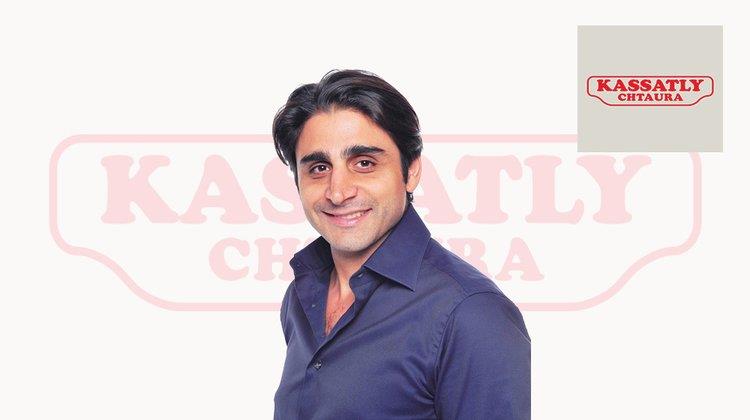Cheaper port fees, electricity subsidies and accelerated building permit procedures were among the suggestions made by Lebanese beverage giant Kassatly Group Holding, during a discussion with the government about its upcoming factory Ypsonas.
The Managing Director of Kassatly Chtaura, Nayef Kassatly, presented the project and the benefits it will have for Cyprus during the meeting.
Kassatly Group Holding has started work on a new plant in Cyprus under ‘Boutique Beverage Bottling Int’l Ltd’ as part of ambitious plans to move the brand from a regional powerhouse to a global player, he said.
According to his presentation, the Group’s total investment in Cyprus is in the range of €45m, of which 55% is injected from shareholders and transferred to Cypriot banks. The company is estimating to export 2,000 containers a year, which Kassatly said will contribute to reducing the deficit in trade balance.
The company also intends to reduce the unemployment rate, what with it employing 50 employees in the first year – “mainly Cypriot and fresh graduates” – to be increased to 100.
Asked how he found the general business/entrepreneurial environment of Cyprus, Kassatly said it was quick and efficient setting the actually company up on the island. However, there were delays in acquiring building permits; particularly for the construction of accommodation for blue collar. But he did praise the support Kassatly Chtaura has received from Invest Cyprus, the Ministry of Energy, Commerce and Industry, as well as the island’s fast-tracking processes.
Regarding the industrial sector specifically, he highlighted the high port charges and energy costs. “Our company will have around 3,000 containers per annum (import and export). Better prices will have a better competitive advantage to open new markets. Hence, an increase in exports from Cyprus,” said Kassatly.
The company presented a comparison of the port charges in competitor ports. When it came to import charges for a 40ft container, Limassol port – at almost $500 – was the fourth most expensive with Egypt TMT being the most expensive at over $700 and France Fos Sur Mer the cheapest at around $200. As regards exports, Limassol was the most expensive port, charging over $450. The second dearest was Turkey Ambarli which charges $350 while the cheapest was Egypt AICT which charges under $200.
In terms of electricity costs, he said diesel and electricity as well as the cost for allocation of energy power added up to around €400,000. Kassatly presented a comparison with the tariffs charged by Lebanon, Greece, Turkey and Egypt, with Cyprus being the most expensive at a cost of €0.35 per KWh as compared to Egypt where it costs €0.034.
He also called for a special subsidy dedicated to the industrial sector.
In terms of the staff needed to set up the factory, Kassatly urged the Labour Office to facilitate the approval of blue collar and the temporary work permit for the specialised technicians and employees that will come temporarily to install equipment and machinery.
Asked what the island could do to become a more attractive relocation/headquartering destination, Kassatly suggested special port charges for the industrial sector for import and export, as well as special interest from banks following the dramatic increase of Euribor: for example, subsidised loans under the European Investment Bank (EIB). The government could guarantee loans to be given to industrial sector, he said, and promote a change to the EIB’s conditions with regard to the size of companies eligible for funded loans.
He also called for sector-specific subsidies, which would encourage more investors to open factories in Cyprus. The subsidies, he said, would allow the Cypriot products to be more competitive, while by increasing exports, this will help reduce the trade balance deficit.
Other benefits from attracting more factories include reduction of the unemployment rate; employment of fresh graduates; inflow of euro and other currencies; and added value to the community.
“Establishing a factory is a long-term investment with high commitment from investors,” he pointed out.
Kassatly Group Holding has been a family heritage since 1974. The group grew from local and regional to global markets, through continuous efforts and development of new products, meeting the ever-changing consumers’ behaviours and needs.









